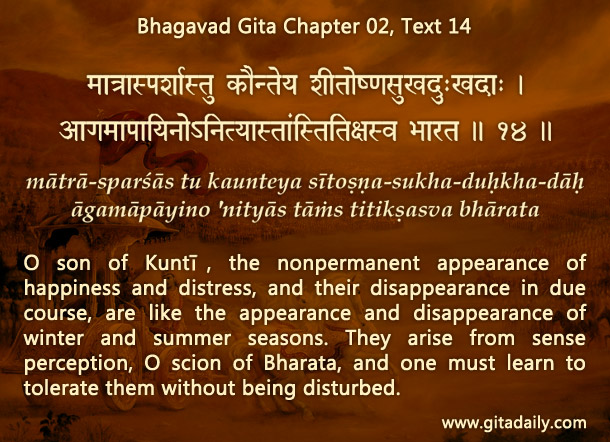Suppose we are organizing an athletic competition. To be fair to all participants, we will want to make the playing field level; no one should have a starting point that’s unfairly ahead of others.
Yet some athletes may be taller and have longer strides; some may have been groomed by their parents to run since their early childhood; some may come from a college with high athletic standards. How many of these unequal starting conditions can we fix? Hardly any.
Suppose we headed a totalitarian government and wanted to benevolently make a fair world for everyone. Maybe we could fix some more factors. Still, life is far more complex than athletics; the number of unfair variables are far too many to even be analyzed, leave alone equalized. Right from birth and throughout life, we all encounter various particular situations — most of these are not even objectively comparable, leave alone humanly changeable. The world is not like a Lego toy that we can reshape according to our schemes; social engineering has its inescapable limitations. No wonder the Bhagavad-gita urges us to tolerate the world’s dualities (02.14).
Tolerance doesn’t mean that we passively accept all inequalities; it just means that we don’t obsess over pursuing equality. Instead, we focus on inspiring people to individually elevate their consciousness and energize their spirits. Aiding such energization, Gita wisdom explains that we all are indestructible beings, precious parts of God. Despite life’s unavoidable unfairness, we can still work on our potentials, make worthwhile contributions irrespective of the world’s recognition and find fulfillment in manifesting our individuality and spirituality.
One-sentence summary
To help shape a better world, focus less on imposing social equality; focus more on inspiring individual spirituality.
Think it over:
- Why can’t we make the world an entirely level playing field?
- How can inspiring individual spirituality help shape a happier world?
- Think of people who have grown despite facing injustices. What did they focus on?
***
02.14: O son of Kunti, the nonpermanent appearance of happiness and distress, and their disappearance in due course, are like the appearance and disappearance of winter and summer seasons. They arise from sense perception, O scion of Bharata, and one must learn to tolerate them without being disturbed.
To know more about this verse, please click on the image
Explanation of article:
Podcast:


Hare Krsna Prabhuji!🙏🏻
Dandavat Pranam!
Thank you for sharing an amazingly explained realization, yet again. I could totally relate it to times, when we feel low for comparing ourselves with others, and complain of partiality surfaced due to inequality. But, this explanation is going to be my shoulder in such episodes.